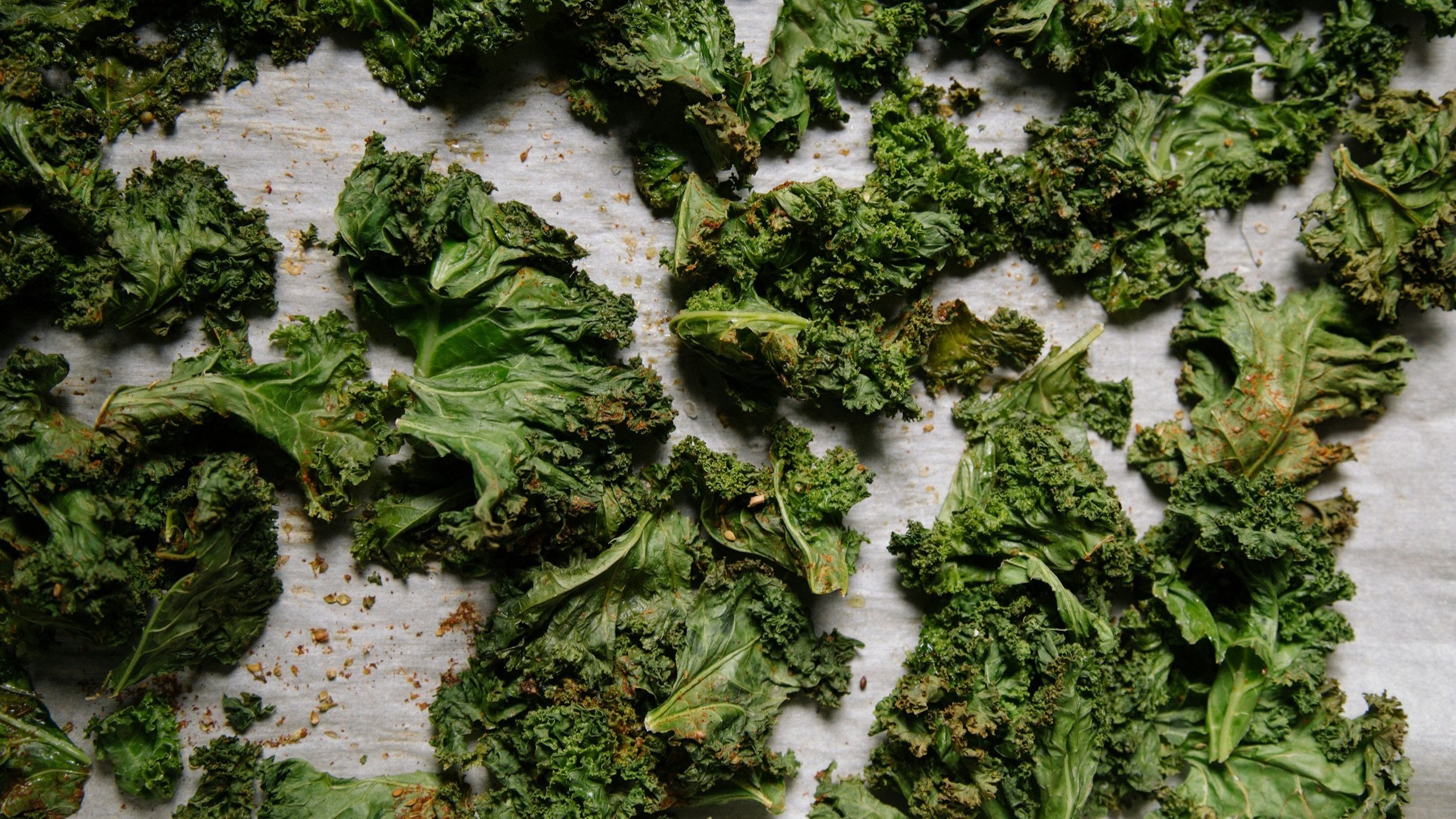COOK YOUR WAY TO STRONGER IMMUNE HEALTH
It starts in the kitchen..
I'm a BIG believer that supporting our immune health should start in the kitchen instead of solely relying on jabs and supplements to get us through the winter. That's not to say the latter don't have a place, but feeding our bodies with foods that nourish and strengthen us needs to be a daily priority.
Our immune system is an amazing network of cells, tissues, and organs constantly working hard to protect us and keep us well, so it's only right we do our bit and feel empowered to give it a helping hand.
It's slightly ironic that I'm at the back end of a virus as I write this, but that has meant that certain foods have been at the forefront of my mind over the last 2 weeks, and experimenting with different ways to include them is important to keep things enjoyable and exciting. People are generally time-poor or feel unmotivated in the kitchen (especially if feeling a bit rough!), so it’s key to have a toolbox of nutrition tips and cooking ideas to help you stay well or recover quickly when you do (inevitably) catch something!
Keep reading for my favourite foods to support immunity and different ways you can incorporate these into your day. I hope these inspire you!
1. Include at least 2-3 cups of leafy greens per day
Leafy greens are often described as ‘nature’s multivitamin’ due to their impressive nutrient profile. Packed with vitamins A, C, K, B vitamins, potassium, iron, magnesium and fibre, greens can help your body thrive.
Examples:
kale, spinach, chard, collard greens, cavolo nero, rocket, cabbage, broccoli, microgreens
Ways to incorporate:
stir through stews & curries
blend into soups & smoothies
mix & match as a salad base
sprinkle over meals (microgreens & rocket)
Use in dressings/sauces such as pesto or a green pasta sauce
sauté in olive oil & garlic as a simple side dish
a good quality greens powder for times when you are busy or traveling
2. Get creative with 3 or more different herbs spices each day
Herbs and spices are rich in colourful protective plant compounds called polyphenols, and should not be overlooked as a key element of your immune health toolbox.
Examples:
turmeric, cinnamon, cloves, ginger, cumin, oregano, basil, parsley, rosemary, sage, thyme, lemon verbena, echinacea
Ways to incorporate:
DIY immune tea with cumin seeds, ginger, cinnamon & cloves
sprinkle a variety over veg/fish/meat before roasting or sautéing
use in soups, smoothies, stews, curries
infuse into olive oil or honey
garnish savoury meals with fresh herbs
explore adaptogenic herbs eg maca & ashwaganda
3. Be bold with garlic & ginger
Garlic & ginger are both widely available and affordable foods that can do wonders for immune health. Freshly crushed raw garlic has antiviral properties and is effective against a broad range of bacteria thanks to to its active compound, allicin.
Ways to incorporate:
grated ginger in hot water first thing in the morning
blend ginger into smoothies
use both in a base for stews, curries, stir frys & soups
rub freshly crushed raw garlic clove & extra virgin olive oil on sourdough toast
mix crushed garlic into soften butter
roast a whole bulb of garlic with vegetables or a Sunday roast
in zingy dressings & sauces
lacto-ferment slices of raw garlic in a salt brine
make pickles with vinegar
infuse into extra virgin olive oil or manuka honey
4. Vary your vitamin C!
It’s won’t come as headline news that vitamin C is crucial for immune health, particularly during times of illness & stress when levels are depleted and demand is much higher. It is a water-soluble vitamin so we can’t store it in the body & need to get it from our food every day.
Examples:
kiwi, berries, citrus fruits, bell peppers, broccoli, tomatoes, kale, Brussel sprouts, cabbage, pineapple, papaya, parsley, coriander
Ways to incorporate:
add citrus fruits (oranges, lemons, limes) to salads, smoothies, dressings
make salsa using diced tomatoes, peppers, coriander, lime juice
roast a big batch of peppers, broccoli, tomatoes, Brussel sprouts to add to meals - this retains more vitamin C over boiling or steaming where the water absorbs up to 50% if it!
add different fruits to your yoghurt bowl, smoothies, or oatmeal
enjoy a squeeze of lemon in hot water
5. Don’t forget the mushrooms
There are many varieties of mushrooms that contain different antioxidants and bioactive compounds to combat inflammation and stimulate immune cell activity, thus protecting you from illness. Eat both the cap and stem to make the most of these! They can also be a source of vitamin D if exposed to sunlight, so leave your mushrooms on the windowsill for an extra boost.
Examples of culinary mushrooms:
shiitake, maitake, oyster, porcini, cremini, chestnut, enoki, button
Ways to incorporate:
add to soups or broths either fresh, dried, or even as a stock
roast whole or halved mushrooms with olive oil, salt, herbs & spices
stuff larger mushrooms like portobellos with grains, cheese & herbs
use in the base of a stir-fry with chicken or prawns
sauté in garlic, herbs and grass fed butter, serve on toast
explore medicinal mushrooms such as reishi, turkey tail, cordyceps, chaga and lion's mane - add powders to smoothies, coffees or soups



